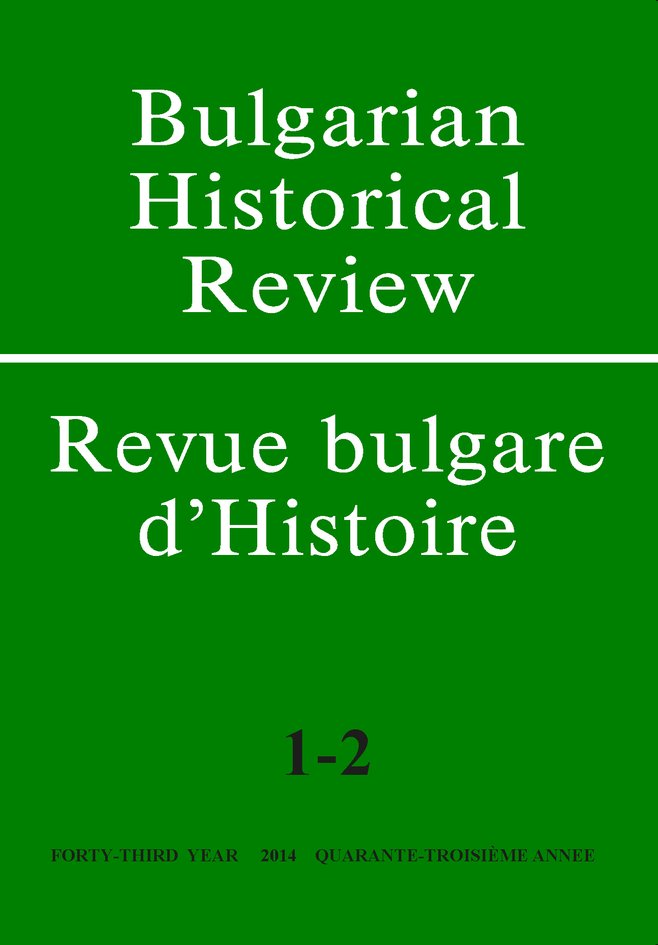Bulgarian Historical Review
Edition of the Institute for Historical Studies at the BAS
Sociability and Leisure in Transylvania at the Beginning of the 20th Century
Bulgarian Historical Review, 53 (2025), No. 2, pp. 109-130
DOI: https://doi.org/10.71069/BHR2.25.DS05
Daniela Stanciu-Păscărița
Assist. Prof. Daniela Stanciu-Păscărița, Ph.D. - Department of History, Heritage and Protestant Theology, Faculty of Socio-Human Sciences, Lucian Blaga University of Sibiu. ORCID-ID: https://orcid.org/0000-0002-8039-2993, E-mail: daniela.stanciu@ulbsibiu.ro
Abstract: This study examines key aspects of modernity, urbanity, and everyday life in Transylvania at the turn of the twentieth century. Arguing that the transition from the long nineteenth century to the early twentieth century marks a democratization of the public sphere, the research investigates several informal institutions (understood as interfaces by Moritz Csáky) that facilitated social interaction in the city of Sibiu. The analysis focuses on the social and anthropological dimensions of modern urban life, particularly as shaped by leisure activities in public spaces-parks, promenades, and coffeehouses.
The study emphasizes the role of associations in shaping the spatial framework for leisure, with particular attention to two case studies: the Association for the Embellishment of the city of Sibiu and the Men’s Choral Association (Hermannstädter Männergesangverein). These associations served as key venues where local actors could meet in informal settings to converse, negotiate, and engage in recreational activities, thus contributing to the formation of an urban public sphere.
Keywords: Democratisation of the public, Transylvanian Saxons, Romanians, sociability, everyday life and associations.
The fulltext of this article can be purchased on CEEOL: https://www.ceeol.com/search/journal-detail?id=125

